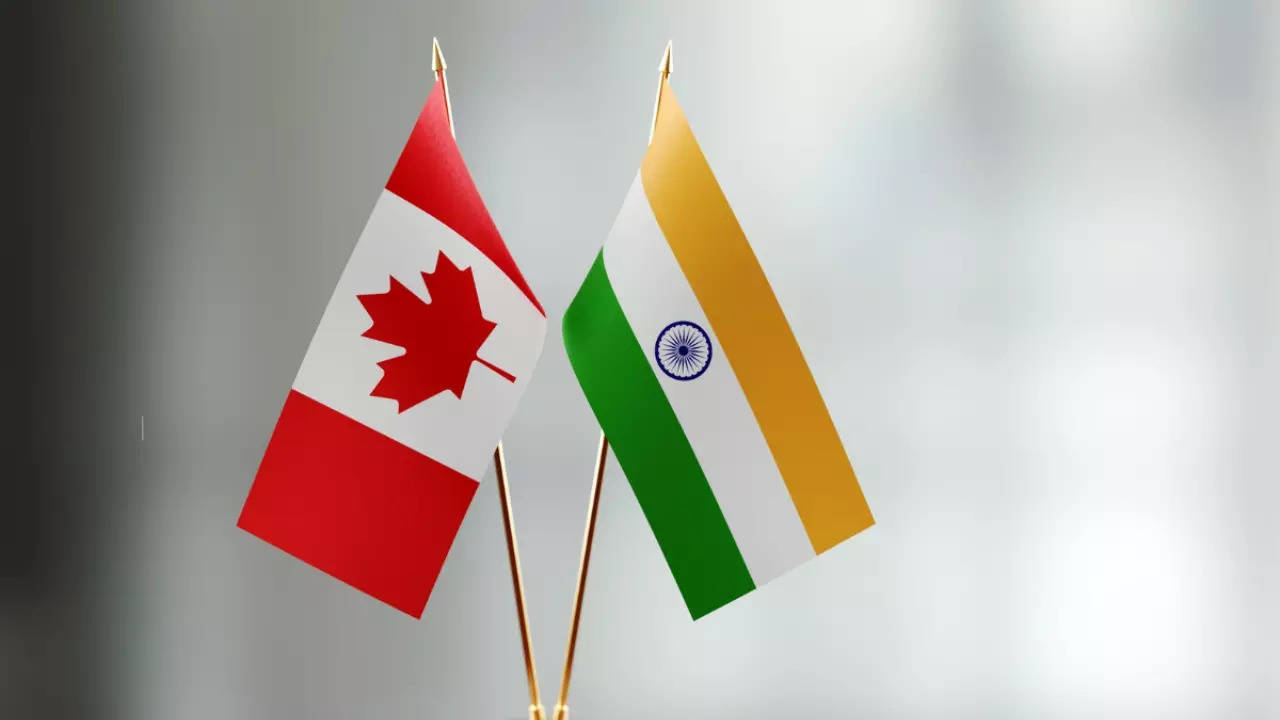In its travel advisory for India that was updated on October 19, Canada said: “In the context of recent developments in Canada and in India, there are calls for protests and some negative sentiment towards Canada in traditional media and on social media.
Demonstrations, including anti-Canada protests, could occur and Canadians may be subjected to intimidation or harassment. In Delhi and the National Capital Region, you should keep a low profile with strangers, and not share your personal information with them.
Canada confirms 41 diplomats have left India after New Delhi said it will withdraw diplomatic immunity
Avoid crowded areas, including public transportation. You should always travel with someone and inform a friend or a family member of your travel plans, “Consular services in person are temporarily unavailable in and around Bengaluru, Chandigarh and Mumbai. Consular services in person at the High Commission of Canada in New Delhi will remain available,” the updated travel advisory says.
According to the travel industry, Canada and the UK were among the countries in India that had taken visa processing to pre-Covid levels and even beyond while the US still has very long interview wait period for visitor visa and many key Schengen countries have severe appointment capping here.
Why Justin Trudeau’s Nijjar allegations put Canada’s intelligence agencies under the scanner
Canadian foreign minister Melanie Joly said: “As of now, I can confirm that India has formally conveyed its plan to unilaterally remove diplomatic immunities for all but 21 Canadian diplomats and dependents in Delhi by October 20. This means 41 Canadian diplomats and their 42 dependents were in danger of having immunity stripped on an arbitrary date and this would put their personal safety at risk… Canadians watching may be wondering what this means for our operations in India. There’s no question that India’s decision will impact the levels of services to Consulates in both countries. Unfortunately, we have to put a pause on all in-person services in our Consulates in Chandigarh, in Mumbai and in Bangalore…”
Ties between India and Canada soured last month after Prime Minister Justin Trudeau accused the Indian government of having a link to Khalistani terrorist Hardeep Singh Nijjar’s killing on Canadian soil. India has strongly denied these allegations and said that the “core issue” in its relationship with Canada is the safe space that “terrorists and criminal elements” have secured in that country.
